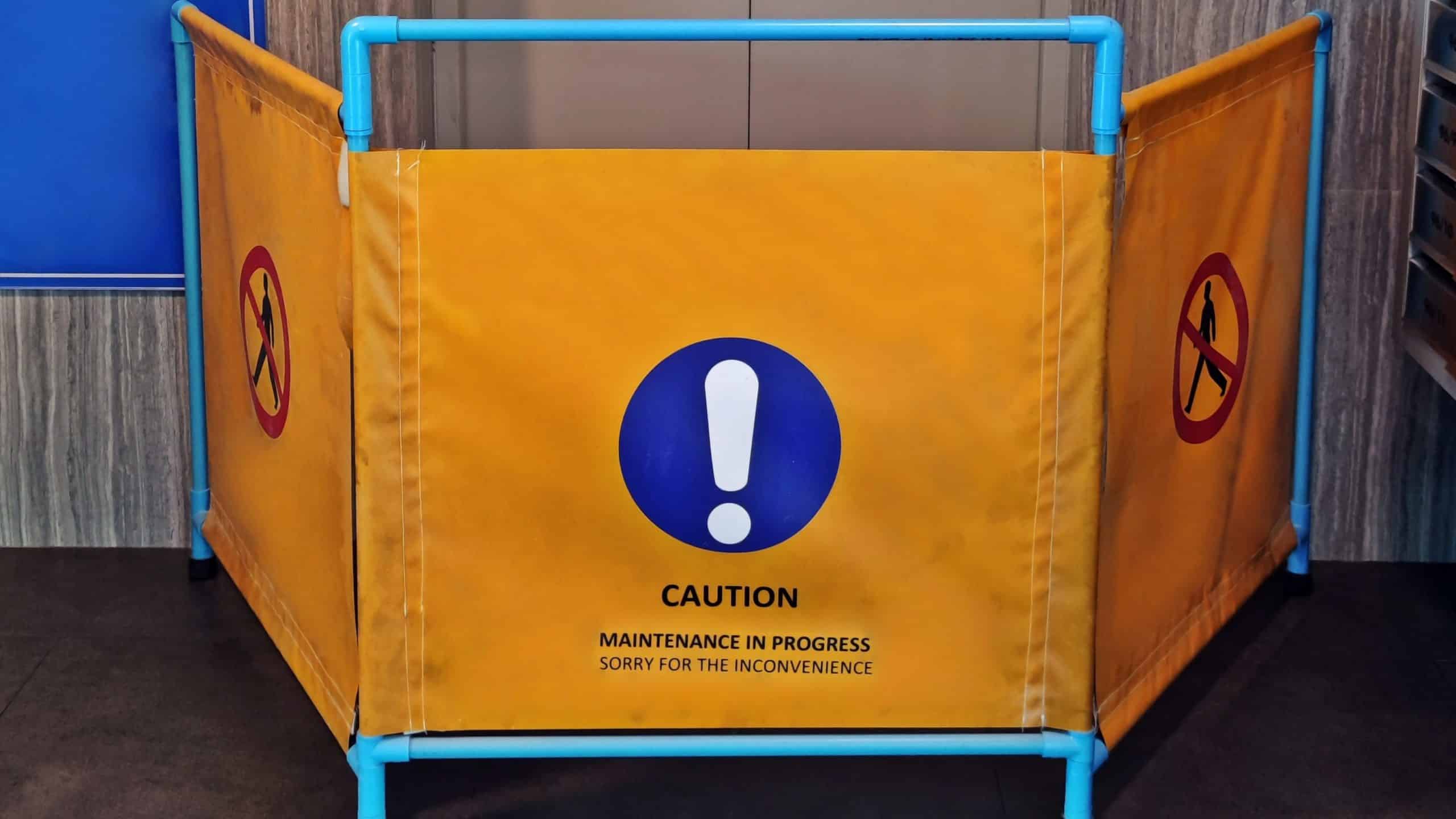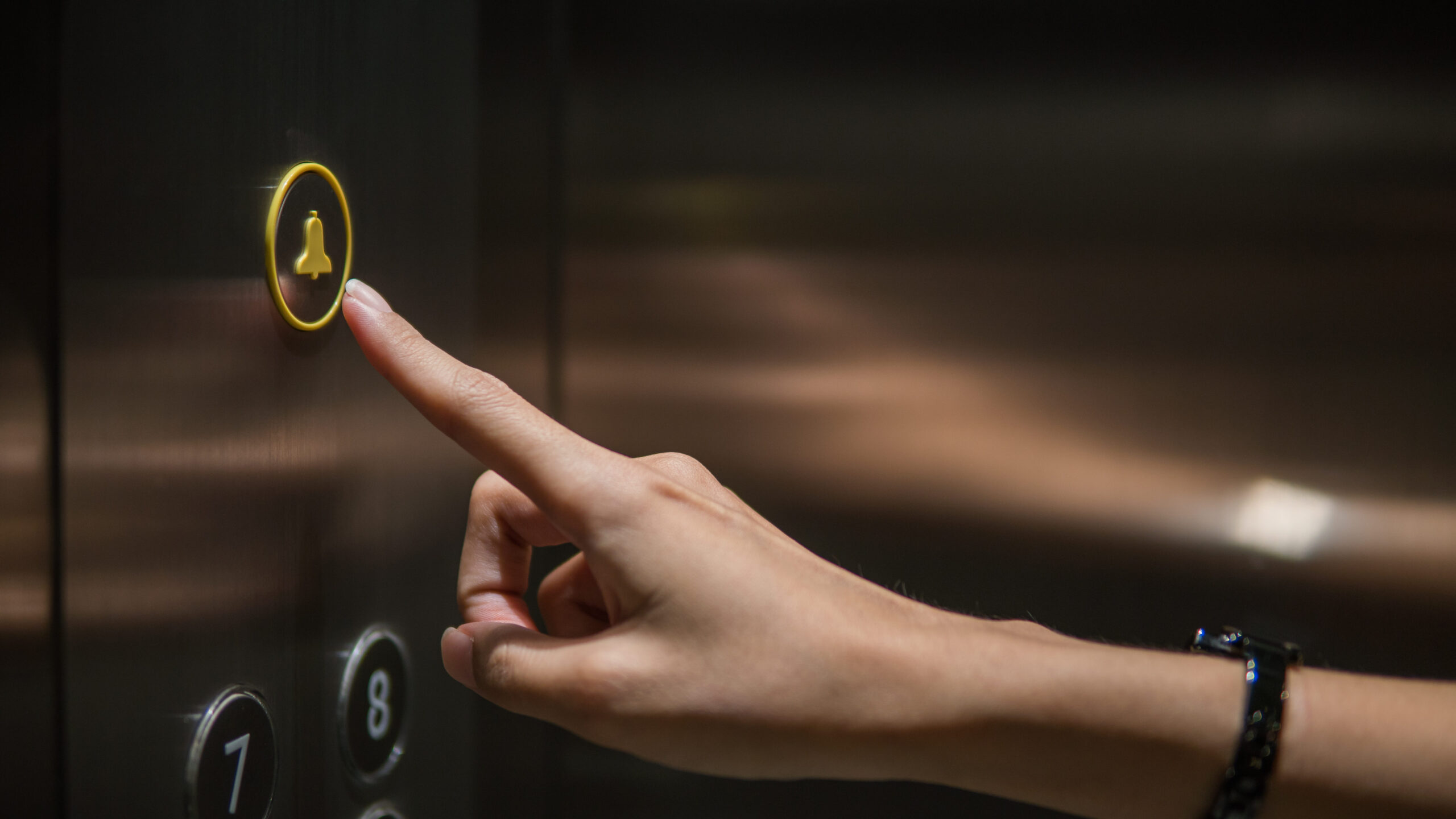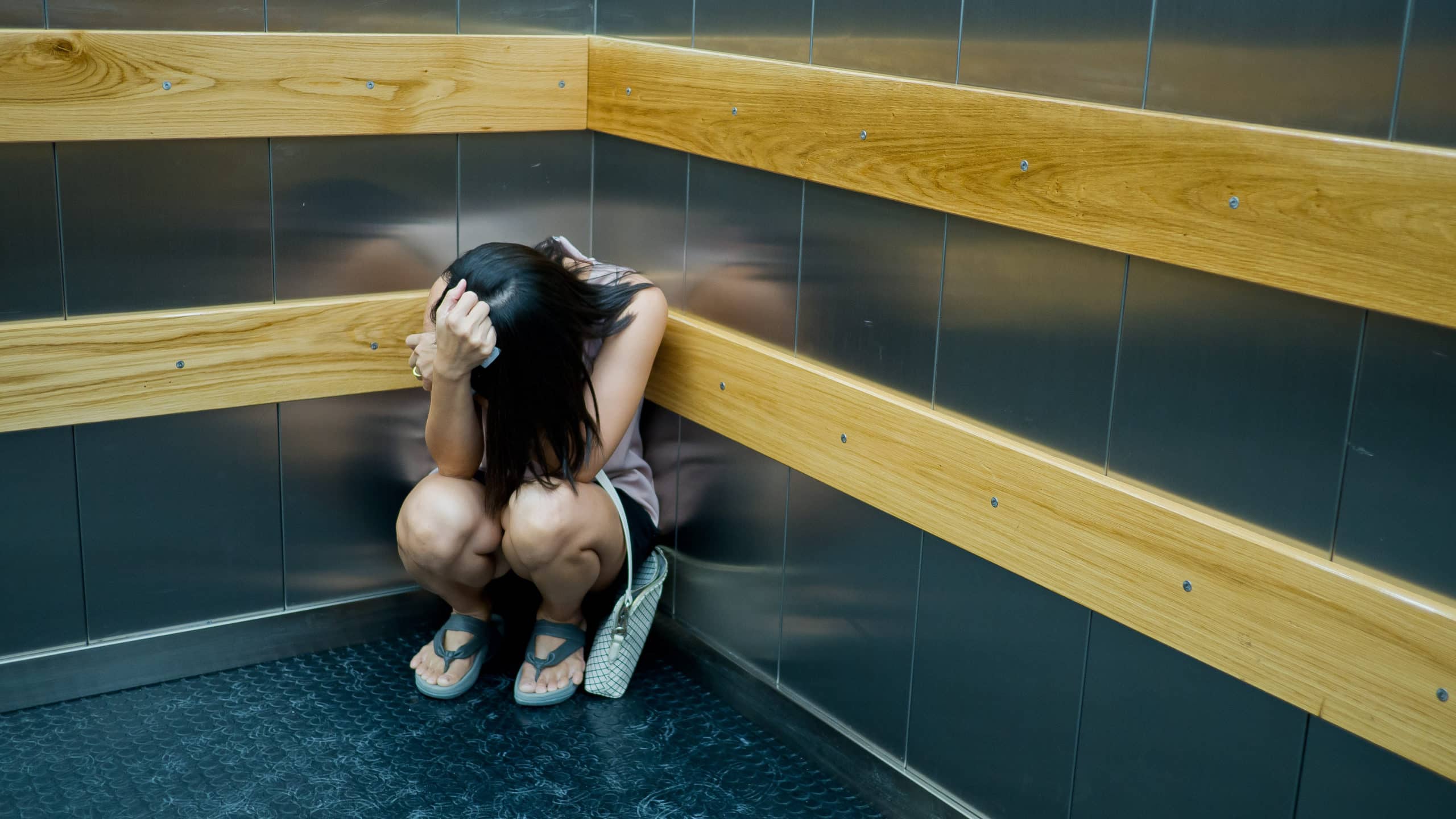Elevators are such a standard part of our modern lives that most people take their safety for granted. But elevator accidents kill an average of 27 people and seriously injure another 10,200 people every year in the United States.
Although elevators come with a plethora of safety features, improper installation or inadequate long-term maintenance can cause these safeties to fail.
Elevator companies and building owners have a legal responsibility to make sure their elevator systems operate safely. That means frequent inspections and repairs as necessary. A landlord, elevator manufacturer, or maintenance professional could be liable for your injuries if they fail to meet these requirements.
Why Do Elevator Accidents Happen in Southern California?
In the Southern California region and Los Angeles, there aren’t enough elevator inspectors to keep up with aging buildings in the region. Landlords who refuse to properly inspect or maintain elevators are unfortunately commonplace.
You may be used to dealing with the “quirks” of elevators you take daily. Maybe the “open door” buttons don’t work, so you hold out your arm every time you need to stop the doors from closing. Maybe it jolts every time you start moving up or down.
Unfortunately, what may seem like minor issues can quickly become major malfunctions that result in injuries or even deaths.

Construction workers, elevator operators, and maintenance personnel are at the greatest risk from elevator accidents. But that doesn’t mean passengers are completely safe.
According to a survey conducted over ten years, at least six passengers died from elevator-related injuries and falls each year. Even if a victim survives an elevator accident, they can suffer permanently-disabling catastrophic injuries or trauma requiring extensive medical and psychological treatment.
Most people involved in elevator accidents are innocent parties trying to reach a destination. You shouldn’t be on the hook for medical treatments when someone else’s negligence caused your injuries. An elevator accident lawsuit can help with your expenses and your recovery.
If you’ve lost a loved one to an elevator accident, you could file a wrongful death lawsuit on their behalf.
Types of Elevator Accidents and Injuries
Elevators usually come with multiple failsafe features to keep passengers safe even when things go wrong. For example, modern elevators are suspended on multiple steel cables, stopping the elevator from falling if one cable snaps. Elevator cars have emergency brakes to keep from free-falling. Most elevators have emergency stop and alarm buttons and the ability to call for help.

Of course, these safety features only work if they stay properly inspected and maintained. The most common causes for elevator accidents involve:
- Falling into an elevator shaft if the doors open without an elevator car on the floor;
- Tripping and falling over the edge of the elevator if it doesn’t properly align with the floor;
- Faulty elevator doors closing on passengers or crushing their limbs;
- Getting caught in between floors if the elevator moves while getting on or off;
- Wiring problems or elevator control malfunctions;
- A mechanical breakdown or defect in the elevator’s pulley system;
- An elevator unexpectedly and suddenly plunging multiple floors;
- Asphyxiation from being trapped in an elevator car without air circulation;
- Exposure to fire or rising water levels while stuck inside an elevator; And
- Outdated inspections, improper maintenance, or incomplete repairs.
Elevator Accidents Can Cause Trauma
Getting stuck inside an elevator could be a claustrophobic and uncomfortable experience at best, or a frightening, life-threatening incident at worst. When elevators suffer from major malfunctions, people suffer from injuries including extensive physical and mental trauma, cuts and bruises, internal bleeding or organ damage, traumatic brain injury, spinal injuries, and more.
In 2003, a malfunctioning elevator gruesomely killed a young doctor. Another passenger had to wait for rescue in the elevator at the scene of an extremely graphic accident.
In extreme cases where passengers experience similar events or suffer a heart attack, panic attack, or from claustrophobia or anxiety after an elevator accident, they could seek legal recourse for emotional distress.

Can You File a Lawsuit After an Elevator Accident?
If you’re injured in an elevator accident, you can file a personal injury lawsuit against the building owner, the elevator manufacturer, or the company responsible for inspecting, maintaining, or servicing the elevator.
You can also file a wrongful death lawsuit if a loved one dies in an elevator accident due to someone else’s negligence.
If you’ve suffered a major injury, that means you need medical treatment. You could face months, years, or even a lifetime of medical expenses you weren’t expecting. A personal injury lawsuit helps you recover compensation from the person responsible for your injury. This way, you can get the treatment you need to recover.
What Kind of Settlement Can You Get From an Elevator Acciden Lawsuit?
An elevator injury lawsuit can cover your medical bills as well as any income you lost if you were unable to work because of your injury – even temporarily.
If you lost a limb or finger in an elevator accident, you may become disabled or lose the ability to work. This dramatically changes your financial future. The more severe your injury (or in the case of a loved one’s death), the more you can expect to get in economic and non-economic damages from a lawsuit settlement.
Economic damages cover your monetary costs, such as medical expenses, the cost of long-term disability care, or lost income. Non-economic damages cover you for pain, suffering, and emotional distress.
If extremely reckless or intentional actions caused your accident, you might even be able to get punitive damages that punish the person responsible for their behavior. For example, a court may order a landlord who repeatedly refuses to fix an elevator despite a pattern of dangerous incidents to pay out even more in damages for your injuries.
The best way to tell if you have an elevator injury lawsuit is to talk to a personal injury lawyer who can help as soon as possible after your accident.
To schedule a free, confidential consultation with our team for your case, contact us online or via phone at (800) 501-3011.











